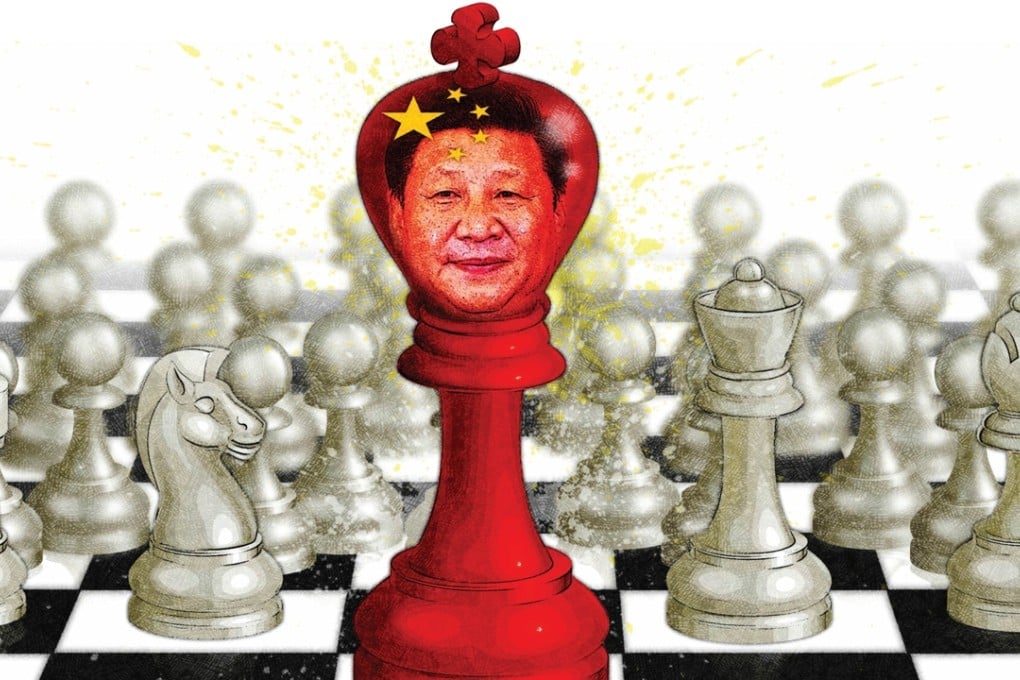Xi Jinping’s ambitious power play
President’s ongoing quest to consolidate his grip may be sign of the scale of resistance he is facing, analysts say

A subtle but significant change seems to be underway in Chinese politics – one that involves President Xi Jinping further cementing his position as a strongman leader.
He broke with precedent in diplomatic protocol last year when he sent his chief of staff, Li Zhanshu, to Moscow – rather than another diplomat – for talks with the Kremlin, including a meeting with Russian President Vladimir Putin.
Last month, another of his aides, Liu He, chatted by phone to US Treasury Secretary Jacob Lew about China’s exchange rate policies – a duty usually carried out by China’s Vice-Premier Wang Yang.
The latest campaign aims to strengthen Xi’s power by boosting his absolute status within the leadership ... Xi wants to achieve even more [power] than Mao and Deng, but such political overambition will not necessarily mean he achieves his goal
Wang is more senior than Liu in the ruling Communist Party’s hierarchy, and, as Lew’s counterpart, has represented the mainland in the China-US Strategic and Economic Dialogue over the past three years.
The unusual move to grant enhanced powers to both Li and Liu suggests an important change in China’s dynastic-style of elite politics; the long-standing collective, consensus-driven form of leadership that has existed since the era of Deng Xiaoping (from 1978 until the late 1990s) is now giving way to a centralised system dominated by a strongman leader – Xi himself.

READ MORE: All the president’s men: Xi Jinping tells Communist Party’s top echelon to unite behind him in thought and action
Analysts believe the campaign plans to strengthen Xi’s hand over the next 12 months – a time of political manoeuvring before the semi-leadership transition at next year’s 19th Party Congress when a large number of top officials are expected to retire.